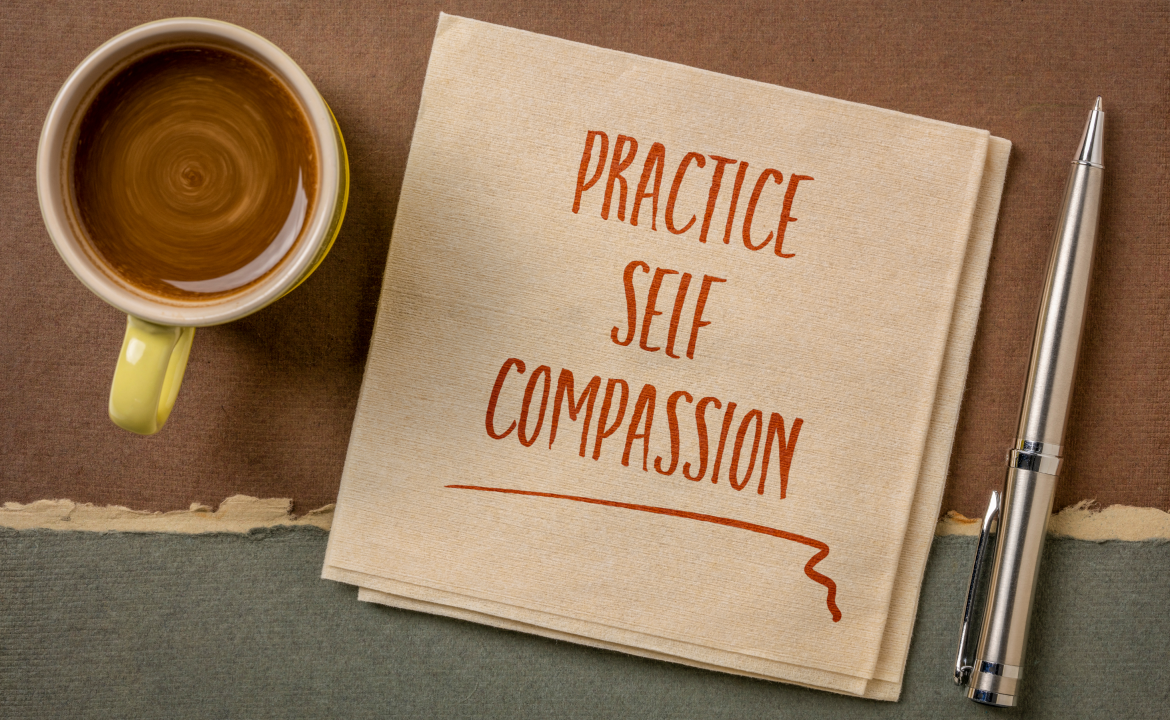The trouble begins when your girlfriend or boyfriend’s jealousy impacts the co-parenting harmony you have worked hard to establish with your former spouse and children.
Imagine a situation where every step you take feels like walking on eggshells. It can feel like this when the person you are currently dating becomes jealous over your co-parenting arrangement with your former spouse.
Introduction
In this article, we’ll explore the challenges that can arise when your girlfriend or boyfriend feels uneasy about how close you are when co-parenting with your former spouse.
We’ll also examine the emotional layers involved in balancing both types of relationships and offer some practical steps you can take to help ensure that everyone, especially the children, feels protected.
Trouble Tip
When The Boyfriend Triggers Jealousy Between Co-Parenting Parents
Jealousy can also arise between co-parents when one or both of them enter into new relationships with other people. Such scenarios can get complicated and stem from a co-parent’s emotional immaturity or when one of the co-parents seeks to control the behavior of the other co-parent.
A former spouse can feel insecure about their position, fearing displacement or feeling inadequate compared to their former spouse’s new relationship. When this happens, both parents must redirect their focus on the children’s well-being and not let jealousy or insecurity get in the way.
This can turn into a challenging and complex situation.
Complexity of Managing Co-Parent Relationships
Emotional Immaturity
Managing former and current partners demands a high degree of emotional intelligence. Co-parents who struggle with their emotions may find it particularly challenging to navigate the nuances of co-parenting, leading to jealousy when the boyfriend misinterprets platonic co-parenting interactions as an emotional threat.
It’s typical for the co-parent to feel displaced or inadequate due to their former spouse’s new romantic relationship.
Consequently, a co-parent may attempt to exert control over their former spouse as a way to mitigate feelings of insecurity or inadequacy.
This can also manifest as trying to limit or dictate the nature of interactions between the co-parent and their former spouse, which can exacerbate tensions and lead to further conflict within the co-parenting relationship.
The complexity deepens even further when one family decides to move in with another family. This arrangement is when co-parents from different marriages create what is known as a blended family.
The Blended Family
According to WebMD, a blended family, is a family formed when two people come together and bring a child or children from previous relationships under one roof.
Trouble Tip
Wellness Tips

Maintaining A Respectful Relationship With Former Spouse
Effective co-parenting involves a platonic, structured relationship with clear communication and respect for boundaries. However, misunderstandings about these interactions can lead to trouble in your current relationship.
The new partner must understand that maintaining a good relationship with the former spouse is crucial for the children’s happiness and stability.
According to marriage and family counseling experts, establishing clear communication and setting boundaries is critical to a successful co-parenting relationship and helps all parties feel respected and understood.
Impact of Jealousy On New Relationships
Jealousy can erode trust and lead to frequent conflicts, significantly damaging your new relationship. Over time, this can lead to a breakdown in communication and, if not addressed, may even threaten the relationship’s longevity.
Impact On The Children:
Healthy co-parenting relationships within the traditional or blended family setting are essential for everyone’s well-being, especially the children.
Children are sensitive to tensions in family dynamics, including those of blended families. Observing jealousy from a stepparent can lead to emotional distress and confusion, affecting their mental health and relationships with both biological parents and new partners.
Recognizing Signs of Boyfriend Jealousy
The following types of behaviors will not only strain the romantic relationship. The also adversely affect the children of the former spouse:
- The boyfriend badmouthing the former partner to the children
- Excessive control over who you can spend time with
- Undue criticism of co-parenting arrangements
Managing Jealous Behavior – Communications Strategies
Open, honest communication is essential in addressing the roots of jealousy and mitigating its impact. Discussing feelings and concerns openly without confrontation can help resolve misunderstandings and build trust.
As To The Boyfriend:
- Encouraging your boyfriend to engage in friendly small talk during co-parenting interactions can ease tensions and foster a more friendly and less threatening atmosphere.
- Establishing boundaries early in the relationship helps prevent misunderstandings with the former spouse.
As To The Former Spouse:
- Acknowledging each other co-parent’s feelings within the co-parenting framework is critical to resolving conflicts and reducing jealousy.
- The co-parent must communicate the need for each co-parent to have clear boundaries regarding the other co-parents’ right to have romantic relationships.
Professional Help
Couples struggling to manage jealousy issues may benefit from therapy and counseling. Professional guidance can help partners understand their feelings and develop healthier ways to cope with jealousy.
The Boyfriend’s Role in Co-parenting
Integrating a new boyfriend into family dynamics requires sensitive handling to balance the past and present relationships.
Understanding the boyfriend’s perspective is essential. He needs to feel secure in his role within the family and recognize the importance of his support in the family dynamic.
Including him in family activities and decisions can foster a more inclusive environment.
Potential Strategies for the Future
Building Trust
Building trust takes time and involves consistent and reliable communication and behavior. Discussing co-parent arrangements and transparency about co-parent interactions with the former spouse can help build trust.
Inclusive Family Practices
Including a boyfriend in family activities can help him feel valued and part of the team. This inclusion can help build a supportive relationship environment and ensure he understands his role in the family structure.
Common Mistakes in Co-Parenting
Avoiding common pitfalls will improve the effectiveness of co-parenting arrangements and the health of your current relationship:
- Over-communication: While maintaining open lines of communication is critical, excessive or unnecessary communication with an ex-partner can create feelings of suspicion or insecurity in the current relationship.
- Lack of transparency: Failure to be open about the interactions and decisions made with a former spouse can foster distrust. It’s often a good idea to keep your boyfriend or partner informed to ensure they feel included and respected.
- Neglecting new partner’s feelings: It is easy to become so focused on maintaining a stable co-parenting arrangement that the feelings of the new boyfriend or partner are overlooked.
It’s a good idea to check in regularly with your new partner to validate their feelings and adjust arrangements where necessary.
Bottom Line
- Successfully managing jealousy in a co-parenting situation requires empathy, clear communication, and the setting of clear goals and boundaries.
- Navigating these complex challenges is possible by cultivating an environment of respect and understanding.
- Prioritizing the well-being of children while fostering healthy relationships within the family helps ensure that all members, including the new partner, can thrive in a supportive and loving environment.

Misconceptions about Co-Parenting and Jealousy
Misconception #1: Jealousy from the new partner is a sign of love.
Reality: Jealousy often stems from insecurity, not love. Healthy relationships are built on trust, and addressing jealousy directly can strengthen the bond.
Misconception #2: Co-parenting will automatically lead to conflict with a new partner.
Reality: Conflict isn’t inevitable. With clear communication, respect for boundaries, and emotional maturity, both relationships can coexist peacefully.
Misconception #3: Co-parenting means you’re still emotionally attached to your ex.
Reality: Successful co-parenting is about prioritizing the children’s well-being, not rekindling romantic feelings for the ex.
Fears Related to Co-Parenting and Jealousy
Fear #1: The former spouse will always have more control over the relationship.
Reality: Establishing boundaries and mutual respect ensures that neither the former nor current partner has undue influence in the family dynamic.
Fear #2: Jealousy will harm the children’s emotional well-being.
Reality: Children can be sensitive to tension, but open, respectful communication among all adults can prevent jealousy from negatively affecting them.
Fear #3: The current relationship will be overshadowed by co-parenting demands.
Reality: Balancing both relationships is achievable through scheduling, transparent communication, and making space for both romantic and parental roles.
People Also Ask:
What is inappropriate co-parenting while in a relationship with a new boyfriend or partner?
Inappropriate behaviors that undermine the stability of the current partnership include excessive communication with the former spouse, unilateral decisions about the children, or dismissing the new partner’s concerns.
These actions can lead to mistrust and insecurity, harming the romantic relationship and family harmony. Effective co-parenting should respect the current relationship and prevent past dynamics from interfering.
What not to do when co-parenting?
Effective co-parenting requires respect and clarity, especially with entering new relationships. Key actions to avoid include:
- Badmouthing the other parent.
- Interfering with parenting time.
- Using children as messengers.
- Making unilateral decisions.
- Being inconsistent with rules.
- Letting emotions control interactions.
- Manipulating or guilt-tripping children.
Avoiding these behaviors fosters a more harmonious and stable environment for healthier family dynamics.
When to give up on co-parenting?
There are situations where co-parenting may be more harmful than beneficial. Key indicators include persistent conflict, abusive behavior, unilateral decision-making, lack of consistency, and, most importantly, the child’s well-being being at risk.
In such cases, it may be necessary to reconsider the arrangement and possibly switch to parallel parenting or other alternatives, prioritizing the health and happiness of all involved. Consulting an experienced family counseling professional can guide effective transitions.
How do you deal with an uncooperative co-parent?
Dealing with an uncooperative co-parent can be challenging, but certain strategies can help:
- Stay calm and professional
- Document interactions
- Set clear boundaries
- Use mediation services
- Focus on the children’s best interests
Conclusion
Successfully managing jealousy in a co-parenting situation requires empathy, clear communication, and the setting of clear goals and boundaries.
Navigating these complex challenges is possible by cultivating an environment of respect and understanding.
Prioritizing the well-being of children while fostering healthy relationships within the family helps ensure that all members, including the new partner, can thrive in a supportive and loving environment.
No matter what strategies and actions you take to improve the quality of the family dynamic relationship, under the law, your number one consideration should always be what will be in the best interest of the children.
Have more questions, contact a family lawyer near you.































